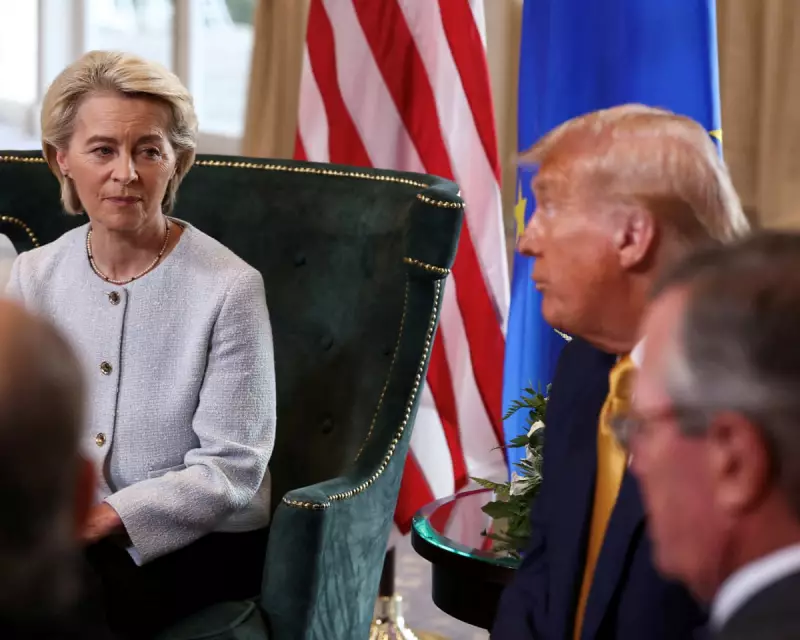
The prospect of a major trade deal between the US and Europe has resurfaced, with European Commission President Ursula von der Leyen and former US President Donald Trump reportedly exploring negotiations. This potential agreement could redefine transatlantic economic relations, but not without significant challenges.
A Fragile Alliance in a Changing World
Observers note that both sides enter these discussions from weakened positions. Europe faces economic stagnation and political fragmentation, while America grapples with its own domestic divisions. The timing raises questions about whether either leader can deliver meaningful concessions.
Trump's America First vs Europe's Unity
The fundamental tension lies in Trump's protectionist 'America First' agenda conflicting with Europe's commitment to multilateralism. Previous negotiations collapsed over issues like agricultural standards and digital taxes, with Trump famously threatening auto tariffs on European imports.
Von der Leyen's High-Stakes Gamble
For the European Commission President, this represents a bold political gamble. A successful deal could cement her legacy, but concessions to Trump might alienate key EU members like France, which has historically resisted American trade demands.
Key Sticking Points
- Tariffs: Both sides maintain various import duties that could be reduced or eliminated
- Regulatory alignment: Differing standards on food safety, data protection and environmental rules
- Industrial policy: Competing subsidy regimes for green technologies and semiconductors
- Security concerns: Ongoing debates about economic dependence and critical infrastructure
Potential Impacts
Economists suggest a comprehensive agreement could boost GDP on both sides of the Atlantic by 0.5-1.5%, though benefits would likely be unevenly distributed. The geopolitical implications may prove even more significant, potentially creating a stronger Western economic bloc to counterbalance China.
However, critics warn that rushed negotiations could lead to a shallow deal favoring short-term political gains over long-term economic strategy. The coming months will reveal whether these talks represent genuine progress or merely political theatre.





